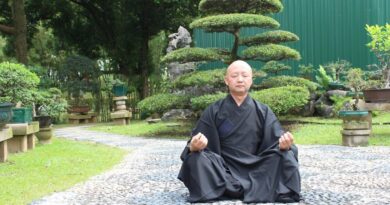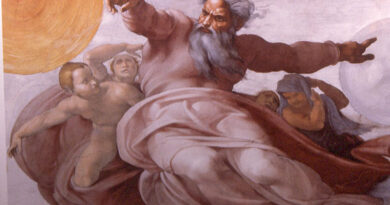Liberalism in Modern Culture
Cultural freedom is a societal view that emphasizes that members of the society should not be confined to their specific cultural norms but rather exercise their freedom from cultural norms. In ancient times, specific codes of behavior were imposed on members of the society. There was limited freedom of association and conformity to other cultures. As such, harsh punitive measures would be imposed on individuals that exercised ‘freedom of association’ by interacting with other cultures and trying to assimilate them. For instance, in the bible Hebrews would not ape or engage in other tribes’ cultural practices. Association with other tribes would attract public wrath that included stoning to death.
In modern world, however, there has been an evolution of philosophies and many people have broken cultural chains paving way for cultural liberalism. Cultural liberals argue that all forms of worship and religions should be tolerated, that there should be freedom to participate in any cultural activity regardless to whether it is acceptable to a certain society. The writer therefore argues that Cultural liberty comes with a responsibility that an individual must exercise.
Cultural Freedom
The concept of freedom is a dominant theme in Sartre’s political works. According to Sartre, human freedom consists of the ability of consciousness to go beyond its material situation. Human beings are therefore considered to have freedom if their basic needs as practical organisms are met. Freedom cannot, therefore, be given to an individual by another individual. But rather, freedom is a psychological state that an individual acquires after perceiving that his or her fundamental right to cultural liberty have been met.
The characters in Sartre’s play are shown as “being and becoming”, whereby some of them refuse to commit themselves to actions as others are forced to engage. Responsibility is necessary to cope up with life’s ups and downs and some characters encounter consequences when they reject this responsibility. It therefore follows that freedom comes with responsibility, hence when freedom is acquired, individuals must be responsible for the actions they take or else face consequences.
Sartre uses “The Flies” to elaborate his existential principles. He compares it to the normal daily life situations that people experience far from literal aesthetics. People are faced with freedom of choice in their day to day activities; the freedom to choose what to practice and what to desist from acting. The principle thought in The Flies is the fact that only those people, who choose, act on their choice and accept the responsibility that is associated with the choice, can be free from headaches, remorse and free of the flies.




